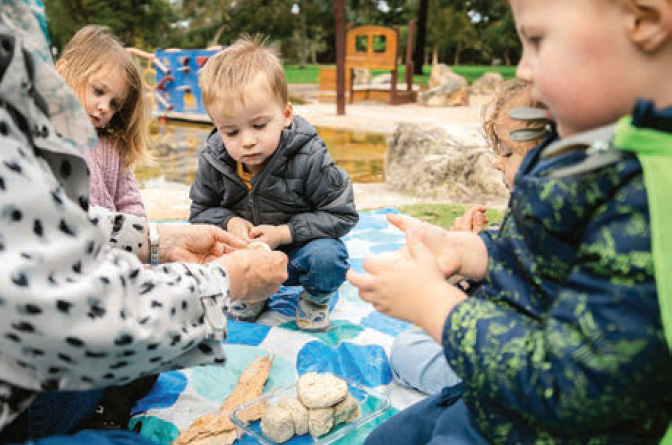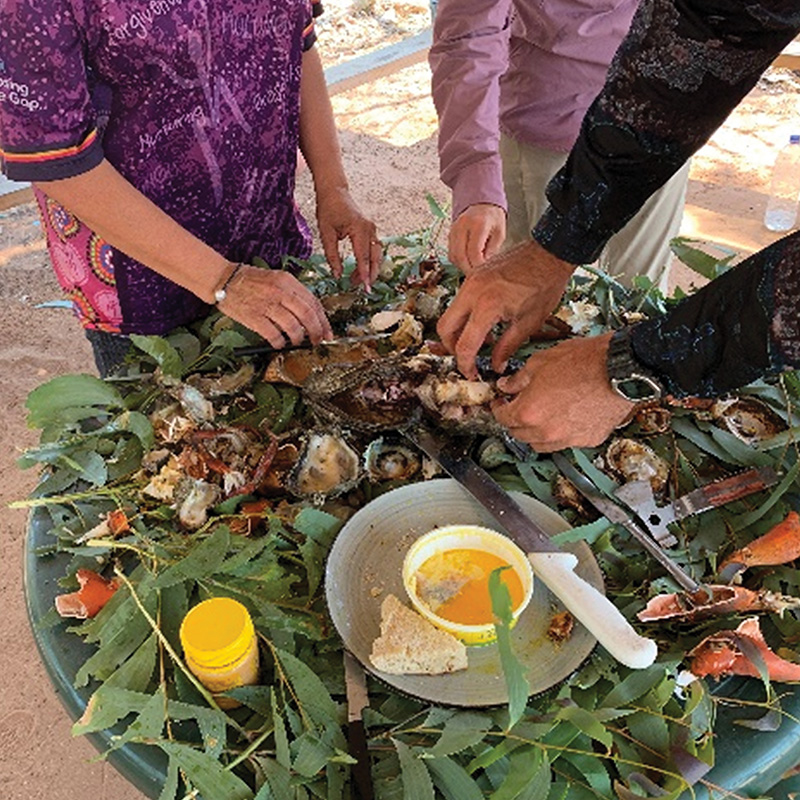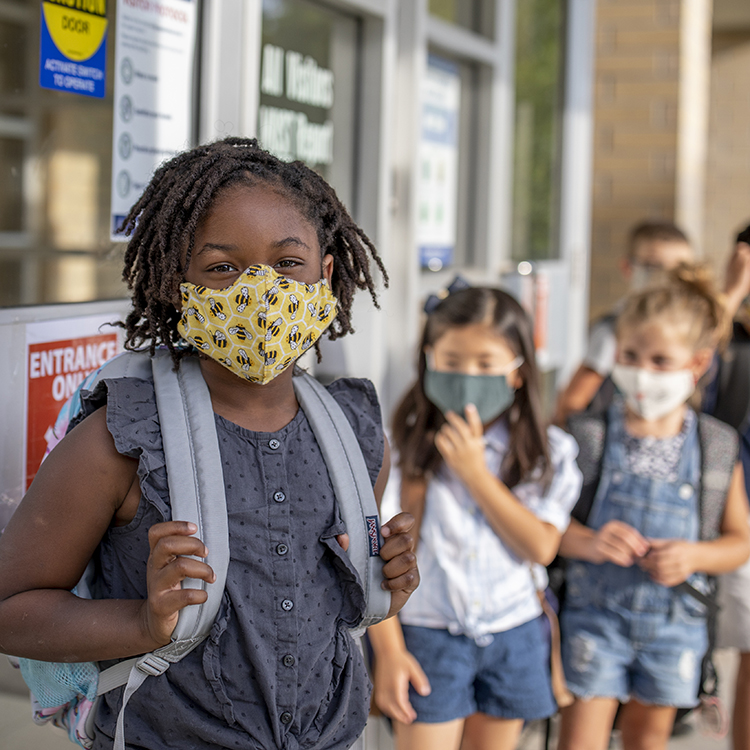Search

The ORIGINS Project is a decade-long longitudinal study of more than 18,000 individuals including mothers, partners and children, as part of a collaboration between The Kids Research Institute Australia and Joondalup Health Campus.

Researchers are collaborating with Community Elders to find out how bush tucker and traditional food can improve the health of Aboriginal children.

A number of organisations have created COVID-19 resources specifically developed for Aboriginal and Torres Strait Islander people.

View the full catalogue of The Kids Research Institute Australia COVID-19 video resources.
Research
Exploring the evidence on housing and health among Indigenous peoples in high-income countries: A scoping review protocolThe objective of this scoping review is to understand the nature of the published evidence on housing suitability, affordability, insecurity, and homelessness in relation to physical and mental health, domestic violence, and health service use among Indigenous people in high-income countries.
Research
Effect of methylphenidate exposure on glutamate and glutamate-related metabolites in patients with ADHD: a systematic reviewDysfunctional glutamatergic neurotransmission has been implicated in the underlying pathogenesis of Attention Deficit Hyperactivity Disorder (ADHD). The psychostimulant methylphenidate (MPH), which is used as a first line treatment for ADHD, has been shown to have both acute and chronic effects on prefrontal cortex glutamatergic afferents. Animal studies have also identified an effect of MPH and glutamate in prefrontal areas. Despite this there are ongoing questions as to the extent and direction of this effect, as well as its impact on other neurobiological processes.
Research
Realising the potential impact of artificial intelligence for rare diseases – A frameworkRare diseases (RD) are conditions affecting fewer than 1 in 2000 persons, with over 7000 largely genetic RDs affecting 3.5 %-5.9 % of the global population, or approximately 262.9–446.2 million people. The substantial healthcare burden and costs, such as the $1 trillion annual expense in the USA, highlight the urgent need for improved RD management. The International Rare Diseases Research Consortium (IRDiRC) addresses this need through global collaboration, aiming for timely and accurate diagnosis, development of 1000 new therapies, and methodologies to measure impact by 2027.
Research
The human milk microbiome is minimally associated with breastfeeding practicesThe human milk microbiome is dominated by typical oral and skin bacteria, suggesting that bacterial communities from the infant mouth and maternal skin contribute to the development of the human milk microbiome. It is postulated that breastfeeding characteristics, such as breastfeeding frequency and duration, could lead to different levels of exposure to oral and skin bacteria, and subsequently, altered bacterial profiles in human milk.
Research
Tumor site-directed A1R expression enhances CAR T cell function and improves efficacy against solid tumorsCitation: Sek K, Chen AXY, Cole T, Armitage JD, Tong J, ……… Waithman J, Parish IA, et al. Tumor site-directed A1R expression enhances CAR T cell
Research
Evaluating COVID-19-Related Disruptions to Effective Malaria Case Management in 2020–2021 and Its Potential Effects on Malaria Burden in Sub-Saharan AfricaThe COVID-19 pandemic has led to far-reaching disruptions to health systems, including preventative and curative services for malaria. The aim of this study was to estimate the magnitude of disruptions in malaria case management in sub-Saharan Africa and their impact on malaria burden during the COVID-19 pandemic. We used survey data collected by the World Health Organization, in which individual country stakeholders reported on the extent of disruptions to malaria diagnosis and treatment.
